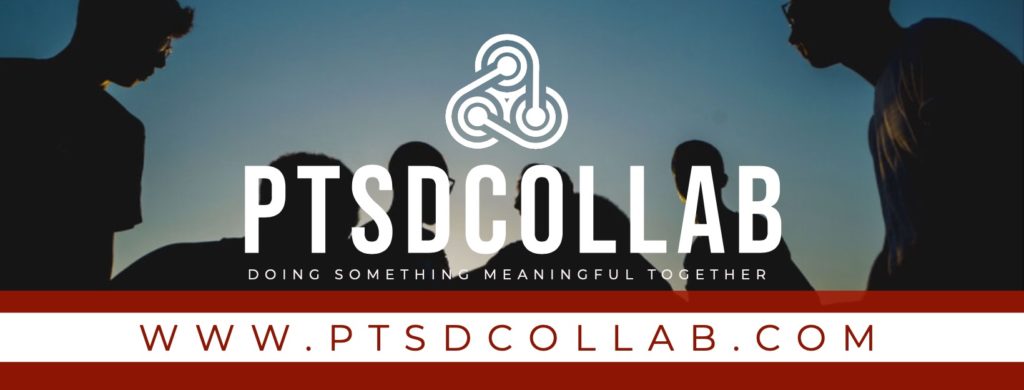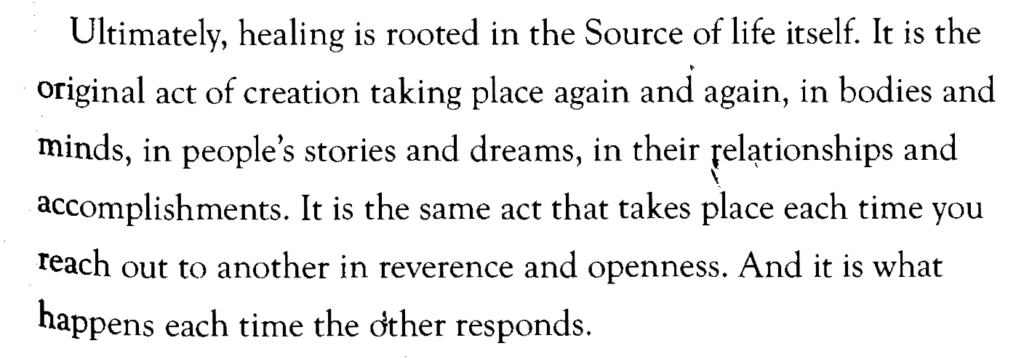Infuse Life Into Your Soul: The Personal Connection [cityname]

Infuse Life Into Your Soul: The Personal Connection in United States of America
Every week, I see violent crime and trauma-related survivors gasping for air, treading water, or digging their way out from 6 feet under. Sometimes, I have to come to terms with survivors becoming victims to their own emotional entrapment by way of killing themselves. I actually lost one of my clients just last month. Suicide is a common choice for those who suffer from such despair, because they really have no idea how to get “better.” They think there is a pathway toward “better,” as opposed to a newly created emotional well-being unique and customized to who they are in the present day.
Survivors think this because that is what societal and psychological frameworks advocate: if you’re emotionally unhealthy, you have to get “better” according to the norms within those frameworks; if you’ve experienced trauma, you have to get back to the “you” before that trauma.
That’s a lot of pressure, stress and is just downright unrealistic – how can anyone possibly get back to who they were before physical, cognitive and/or emotional trauma? Why do we think we need to be fixed?
Might we rebuild and transcend into dynamic individuals according to our own mantras instead?
The way I see it, there’s really only two options when it comes to suffering from any form of trauma: it can either plummet you or cultivate greater resolve in you.
Resolve is why I’m still around. And resolve takes work. Hard work. It requires vulnerability to take up residence in your soul and necessitates that you ask for help when you need it. Asking for help connects you to someone who commits to walking with you on your restoration journey toward emotional well-being.
Most of the survivors I meet, think they’re alone and that no one will ever understand their multi-tiered agony comprised of pain, shame, frustration, anger, hatred et al. And every time, they tell me that they don’t EVER want to be vulnerable again because being vulnerable is why they are victims in the first place. To which I reply: “First, you are a survivor, not a victim. Victims are dead. Survivors are still alive – if even just by a thread. Second, vulnerability can be positive or negative – you need to practice the positive facets of vulnerability in order to move forward in your restoration journey.”
And everyone to-date, who I meet at our first session when joining The Dorey Method Impact Study (TDMIS), asks the exact same question: “Do you think you can help me … is there hope?” The vast majority of my clients have spent years in traditional counseling and on the recommended drugs that deaden the emotional pain of years past. This however, brings you to nothingness – stagnant and incapable of moving forward affirmatively.
50% of survivors in this first session, never come back – it’s just too much for them to endure – and that’s okay. TDMIS is a one-year integrative, comprehensive approach that mandates a resolved commitment to Self with the willingness to walk back into the past to the present to create a vision for the future.
Not everyone can walk this restoration journey to build their own kind of well-being. And not everyone can be saved in this physical world – some are saved through their divine transcendence. I’ve had to come to terms with that. There are many elements of my work in TDMIS that are extremely difficult. Those are the elements however, that I entrust to God for His guidance. For the 50% of the others who remain, I tell them: “It takes courage to be brave. You now reside within a family of the bravest people I have the honor of helping. If you extend your hand to mine, I will always be here for you – always. When TDMIS ends, I will still be here with you should you need me as your mentor in life. You may leave me, but I will never leave you.”

Based on years of research, it is my contention, that survivors who work on their own to help themselves or who work with counselors/therapists who aren’t personally involved or committed to a survivor’s restoration journey (and beyond), will not have a high success rate in obtaining and sustaining their emotional well-being.
Infuse Life Into Your Soul: The Personal Connection in United States of America
Achieving emotional well-being in continuum requires a consistent, personal connection with someone who embraces “you” for you and is in it for the long haul – however long that may be. A personal commitment like this cultivates a kinship like none I have ever seen.
The process of transcendence occurs over time unique to the survivor: despair turns into hope, optimism takes seed, and a sense of inner strength, resiliency and resolve becomes your anchor. And within this anchor, lies your steppingstone – the opportunity, open-ended possibility – to infuse life once again, into your soul.
And throughout this entire restoration journey is His never-ending divine presence.
THE DOREY METHOD … divinely inspired.

– Kathysue Dorey is the founder of The Dorey Method Impact Study and is also a self-protection advocate/instructor and creative leadership facilitator/speaker. She owns Dorey Enterprises, Inc. and dba The Chain of Defense™ in the Albany and Buffalo, NY (USA) areas. She can be contacted at kathysue1@roadrunner.com or at 1-716-491-4723.

